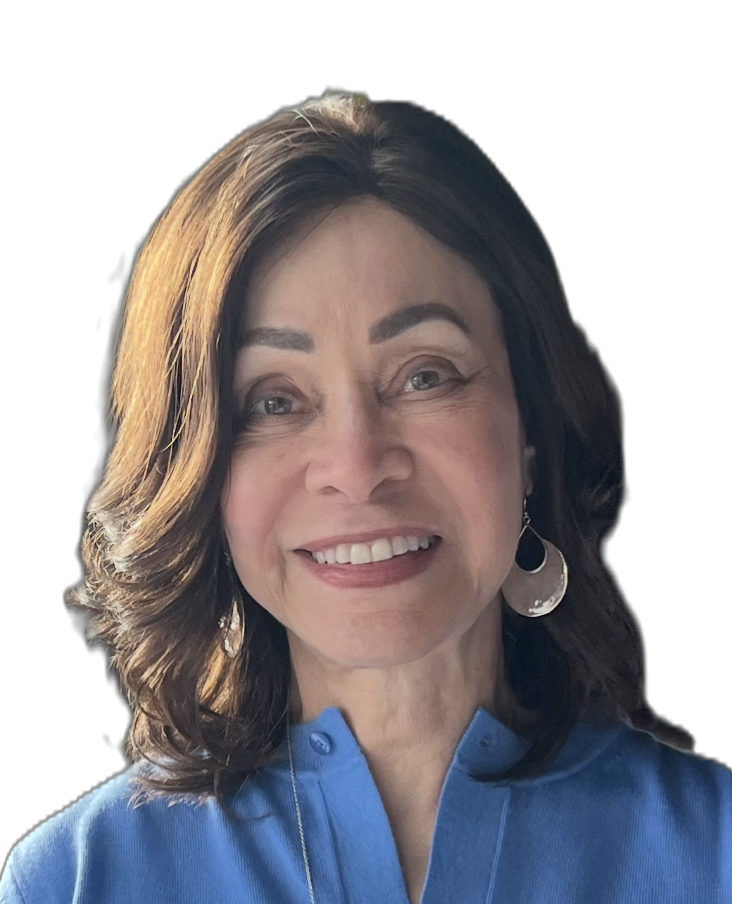The Courage to Be Known
There’s a moment in every relationship — whether in leadership or friendship — when we quietly decide how much of ourselves we’re willing to reveal.
Most of us imagine vulnerability as something saved for private moments. Yet I’ve learned that sometimes the greatest impact comes from offering a truth we’d rather keep tucked away. One of those lessons came to me in a classroom.
The Night Before the Lecture
Years ago, I was preparing to teach a group of executive students. They were capable, experienced managers — confident in their skills and comfortable with theory. Several months into our work together, I knew we needed to go deeper into personal development.
So I did what any professor would do: I crafted a polished lecture. Models of change. Psychological frameworks. Practical exercises.
It was smart and solid — but, as I settled into bed the night before class, I felt a growing sense of unease.
I realized it wouldn’t reach the place where real growth takes root. And then came the quiet inner voice I’ve learned to trust:
“It’s all wrong. What you need to do is tell your story.”
I resisted immediately. The story it meant was one I almost never shared — painful, complicated, and deeply personal.
“Students don’t need my biography,” I told myself. “They need my expertise.”
But the feeling stayed:
Tell them your story.
Doing the Hard Thing
The next morning, standing in front of the class, I surprised even myself by giving them a choice:
“I’ve prepared a fun session on models of personal change,” I said lightly, “or…I could share something about me.”
They didn’t hesitate.
They wanted the story.
So I began.
I told them about growing up Black in the segregated South, and how my parents petitioned for me to integrate a white public school when I was twelve. I talked about my isolation during those years — the ache of being despised as different, and how it quietly wore away at my sense of self.
I also shared that, years later I attended Howard University at the height of the Black Power movement. But again I could not fit in — judged this time as being too light-skinned to relate to the Black experience. I described the bewilderment of learning that the world can be “screwed up over differences” from every direction.
And then I told them what those experiences built in me — the deep grooves life carved that still shape my leadership today:
• An openness to difference, having lived exclusion from both sides.
• A hard-won sense of identity no one else gets to define.
• A commitment to justice, knowing I stood on the shoulders of people like Thurgood Marshall.
• And a belief that leadership sometimes requires us to do the hardest thing in the room: tell the truth.
When I finished, the room was still — not tense, but deeply present.
One student finally spoke. Then another. And another.
Not about theory.
Not about frameworks.
About their lives — the parts they rarely exposed. The fears beneath their confidence. The stories they had carried alone. Fresh insights on how their past affected their leadership and ways they wanted to change.
In one session, something fundamental shifted.
We stopped being a teacher and a class.
We became a community.
And that day taught me something I’ve carried ever since:
People don’t trust perfection; they trust presence.
Of course, discernment matters. Timing matters. And not everyone has earned the right to hear our story. But a tightly managed life becomes a lonely one.
The Courage That Frees Us
Real friendship — and real leadership — asks us to risk being real. And to be known, we must decide that what is most vulnerable in us is worthy of respect.
Trust does not precede vulnerability — vulnerability creates trust.
Most of the time, when we offer our unguarded selves, the person across from us responds in their own quiet way:
I see you. And you’re safe with me.
And when we reveal the story behind our composure, shame begins to loosen because it cannot survive empathy.
What we fear might make us unlovable often becomes the very thing that draws people closer.
In the end, the courage to be known is not about revealing everything — it’s about hiding nothing that matters.
What You Can Do
Share one true story from your life with someone who’s earned the right to hear it.
Listen to others with presence rather than problem-solving.
Notice your guardedness. What small part of it could you loosen?
Remember: trust isn’t something you find — it’s something you build through courage.
*******
And that’s The Gist of It™: Insights on Relational Courage -- the courage to know and be known by others. These practices help relationships breathe rather than tighten, deepen rather than fracture.
Thank you for your interest!
If you find this helpful, I'd feel honored if you would forward it to others. They can subscribe at no charge to get The Gist of It™ in their inbox:
Marilyn Gist, PhD

